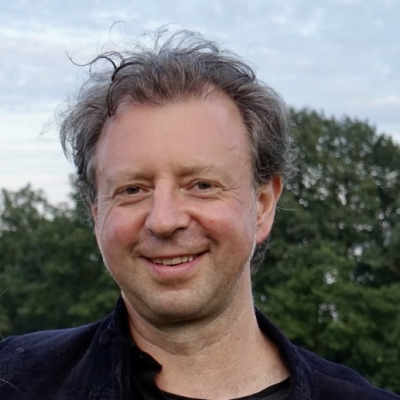Growth mindset in therapy
Could your mindset help you get better results from counselling and psychotherapy? Developing a growth mindset may be a useful concept to consider as part of your therapeutic journey.

Many people consider that people are simply born talented or gifted. However, in reality, success usually comes through hard work and dedication. Take inventors such as Edison or Alexander Bell. Their discoveries came through a long process of curiosity and commitment.
The psychologist Carol Dweck says that mindset is the most important thing that sets us apart in how we deal with challenges in life. It is not some sort of innate quality of intelligence or talent that leads to excellence.
Dweck says that people either have a growth or a fixed mindset. Most importantly the one that you adopt will influence every area of your life.
Fixed mindset
This involves the belief that people are born with ability, talents, intelligence and other things. They are pretty much innate and you can’t do anything about them.
Such a mindset can be extremely limiting. It means you would likely hold yourself back from doing things that you don’t feel you are smart enough or capable of achieving. Therefore you may limit yourself because you only participate in things that you know you are capable of doing. As a result, you may not feel able to achieve your goals.
Having a fixed mindset also limits the potential for growth. If you believe that you are born with limitations, there is little motivation to learn from mistakes. If you don’t believe you can improve, then why even bother trying?
In therapy, an example of a fixed mindset could be where people tend to feel that they have a condition and that there is nothing that can be done about it. Whether depression, anxiety or anything else, the very belief that it is unchangeable can in and of itself make it difficult to change.
Growth mindset
In contrast, the growth mindset centres around the idea that you can grow, develop and transform through determination, effort and work. Even if you are born with certain genes, research has shown that activation of genes can be influenced by environment. The influence of nature vs nurture is frequently debated, however, the growth mindset says that our abilities, personality and even intelligence can be developed through effort, experience and learning.
In therapy, the fundamental belief that some sort of change or transformation is possible can be exceedingly important. Believing that we are able to overcome obstacles, grow and live a rich life full of value can indeed help us to attain these very things.
Neuroscience has demonstrated the brain’s neuroplasticity, which is the ability of the brain to continually be able to form new connections throughout our lives.
We may have led most of our lives feeling, thinking and behaving in certain ways that we feel have limited us. The longer we have lived these patterns of thinking, feeling and behaving, the more those neural connections for those patterns have been strengthened. The more fixed our mindset may have become.
However, adopting a growth mindset and appreciating that the brain can continually form new neural connections can help us realise that change is possible. Even long-lived patterns can be replaced by new empowering patterns.
It is possible to change the way you think, feel and behave at any age. How long the journey takes is difficult to say. However, with dedication, effort and work, transformation is possible.
The journey starts with being open to believing that change is possible.
References:
Dweck, C. S. (2008). Mindset. Ballantine Books.

Find the right counsellor or therapist for you
All therapists are verified professionals
